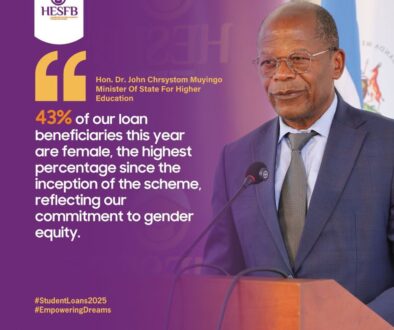TVET gives institutes given one year ultimatum

CAPTION: Students offering Technical and Vocational Education and Training during a capentery lession recently. (File photo).
By Our reporter
KAMPALA – Universities and institutions offering diploma and certificate programs under the Technical and Vocational Education and Training (TVET) category have one year to comply with new government requirements. The institutions are required to register with the TVET Council and also ensure their students undergo national assessments conducted by the Uganda Vocational and Technical Assessment Board (UVTAB).
This development follows the implementation of the TVET Policy and Act, which came into force on March 15, 2025. The new law aims to streamline the delivery and quality assurance of vocational and technical training across the country.
The provision adds that “… where it was operating under a valid provisional licence issued under the Universities and Other Tertiary Institutions Act, shall continue to operate under that licence and shall apply for a licence under this Act within twelve months from the commencement of this Act” Institutions that have been operating without a valid license or legal authorization must regularize their operations within six months, by September 15, 2025, by applying for a TVET license (in the case of private institutions) or through a statutory instrument issued by the Minister (for public providers).
Furthermore, if a provider had a valid provisional license but had not yet started operations by the time the Act commenced, that license is now considered expired, and a new application must be submitted under the current law. Previously, universities and tertiary institutions operated independently, conducting internal assessments for their diploma and certificate-level students under the oversight of the National Council for Higher Education (NCHE).
However, under the new Act, the mandate for assessment has been transferred to UVTAB—a body formed through the merger of the Uganda Business and Technical Examinations Board (UBTEB) and the Directorate of Industrial Training (DIT). Some institutions, such as Kyambogo University, had already begun aligning with the new system by allowing the defunct UBTEB to assess their diploma and certificate programs even before the law came into force.
Onesmus Oyesigye, the Executive Secretary of UVTAB said that moving forward, only students assessed by UVTAB will receive nationally recognized qualifications. Those who continue under non-compliant internal assessments risk having their qualifications declared invalid and unrecognized by the government.
Oyesigye advised parents to ensure that the institutions where their children are enrolled comply with the new requirements, particularly that students are assessed by UVTAB, to avoid being duped.
Most technical, vocational, business, and some specialized undergraduate programmes in Uganda, particularly those aimed at training lower-level cadres, technicians, and artisans, now fall under the jurisdiction of the TVET Act.
In addition to assessments, UVTAB will also oversee the development of curricula for TVET programs. This will be done in collaboration with the Sector Skills Expert Committees, TVET providers (training institutions), and with the approval of the TVET Council.
This will be replacing the previous model where institutions designed their own programs and submitted them to NCHE for approval.


